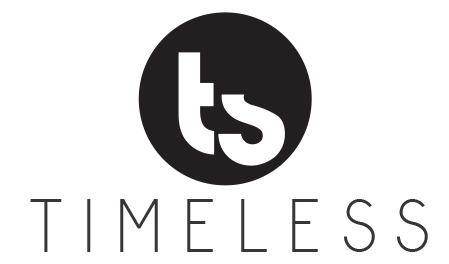Long-term care isn’t always provided in a nursing home or other facility. Many seniors need in-home assistance with tasks such as bathing, eating and mobility. Whether the care is provided in the home or in a facility, though, it’s likely to cost thousands of dollars a month. If the care is needed for several months or years, it’s easy to see how the cost could deplete one’s savings.
Fortunately, you can minimize the impact by planning ahead. Below are four common strategies many seniors use to fund their long-term care needs. A financial professional can help you determine which strategy is right for you.
Pay out of pocket.
There’s always the option to pay out of your savings and investments for your long-term care. That may be sufficient if you require minimal help, like hiring someone to run errands or do basic chores.
If you need more intensive assistance, however, you may find it difficult to pay for care out of pocket. A recent Genworth study found that the average assisted living facility costs $3,750 per month. An in-home health aide costs more than $4,000 per month on average.2
Consider what it would mean to pay those bills over several years. While you may cover some costs out of pocket, you may not want to rely on this method as your only funding option.
Use Medicaid.
Many retirees assume that Medicare will cover all their health care costs. That’s not usually the case. There are many services that aren’t covered by Medicare, and long-term care is one of them. Medicaid, on the other hand, will cover stays in nursing homes or other facilities.
There’s a catch to using Medicaid, though. You have to have few assets and little income to qualify for Medicaid protection. That means many seniors are forced to deplete their own assets before they transition to Medicaid funding. If you need to leave assets for your spouse or want to leave a legacy for your family, you may not want to spend down your assets to get Medicaid protection.
Get a reverse mortgage.
If your home is paid off, you may want to tap into the equity to pay for your long-term care needs. Your reverse mortgage lender gives you money for the home’s equity, usually in the form of monthly payments. When you die or permanently move out of the home, you or your heirs sell the property and pay off the reverse mortgage balance.
While a reverse mortgage can be a helpful strategy, there are a few drawbacks to keep in mind. One is that it may not be the right solution if you want to keep the home in the family after you pass away. Your heirs will almost certainly have to sell the home. Also, you’ll need to maintain the home so you can sell it to cover the loan balance. If you can’t afford to keep the home up to date, you may not want to take on a reverse mortgage.
Buy long-term care insurance.
A long-term care insurance policy may be the best strategy for your needs. You pay premiums to an insurer, either in a lump sum or on a periodic basis. The insurer then pays some or all of your long-term care costs if you ever need care in the future. Most policies cover care either in your home or in a facility.
You can adjust the features and benefits on your policy to meet your needs and budget. For example, you can choose the amount of protection, what kind of care is covered and even whether the benefit increases with inflation. Some policies even allow for a death benefit so your heirs receive a portion of any unused coverage.
Ready to develop your long-term care strategy? Contact us today at Timeless Solutions. We can help you analyze your needs and implement a plan. Let’s connect soon and start the conversation.
1https://longtermcare.acl.gov/the-basics/how-much-care-will-you-need.html
2https://www.genworth.com/aging-and-you/finances/cost-of-care.html
Licensed Insurance Professional. This information is designed to provide a general overview with regard to the subject matter covered and is not state specific. The authors, publisher and host are not providing legal, accounting or specific advice for your situation. By providing your information, you give consent to be contacted about the possible sale of an insurance or annuity product. This information has been provided by a Licensed Insurance Professional and does not necessarily represent the views of the presenting insurance professional. The statements and opinions expressed are those of the author and are subject to change at any time. All information is believed to be from reliable sources; however, presenting insurance professional makes no representation as to its completeness or accuracy. This material has been prepared for informational and educational purposes only. It is not intended to provide, and should not be relied upon for, accounting, legal, tax or investment advice. This information has been provided by a Licensed Insurance Professional and is not sponsored or endorsed by the Social Security Administration or any government agency.
18148 – 2018/10/17
Facebook: Odds ar

